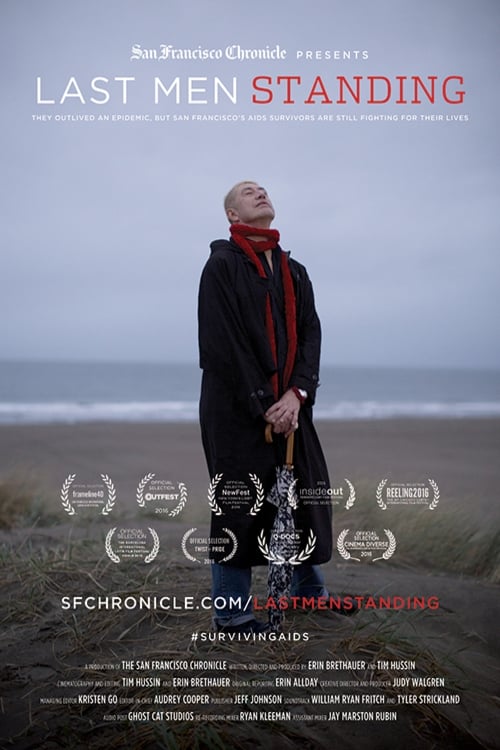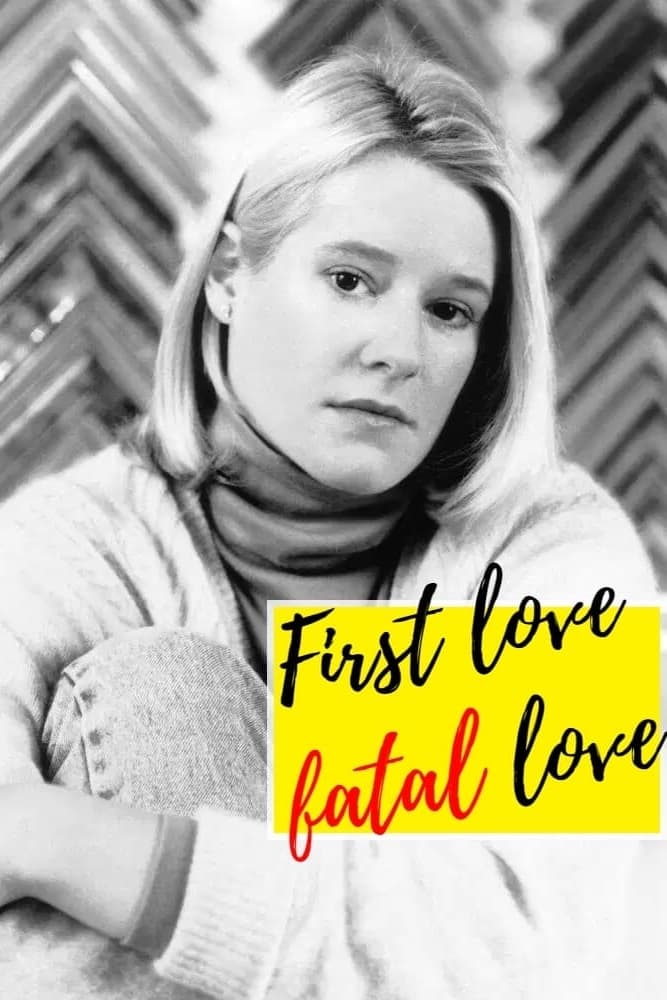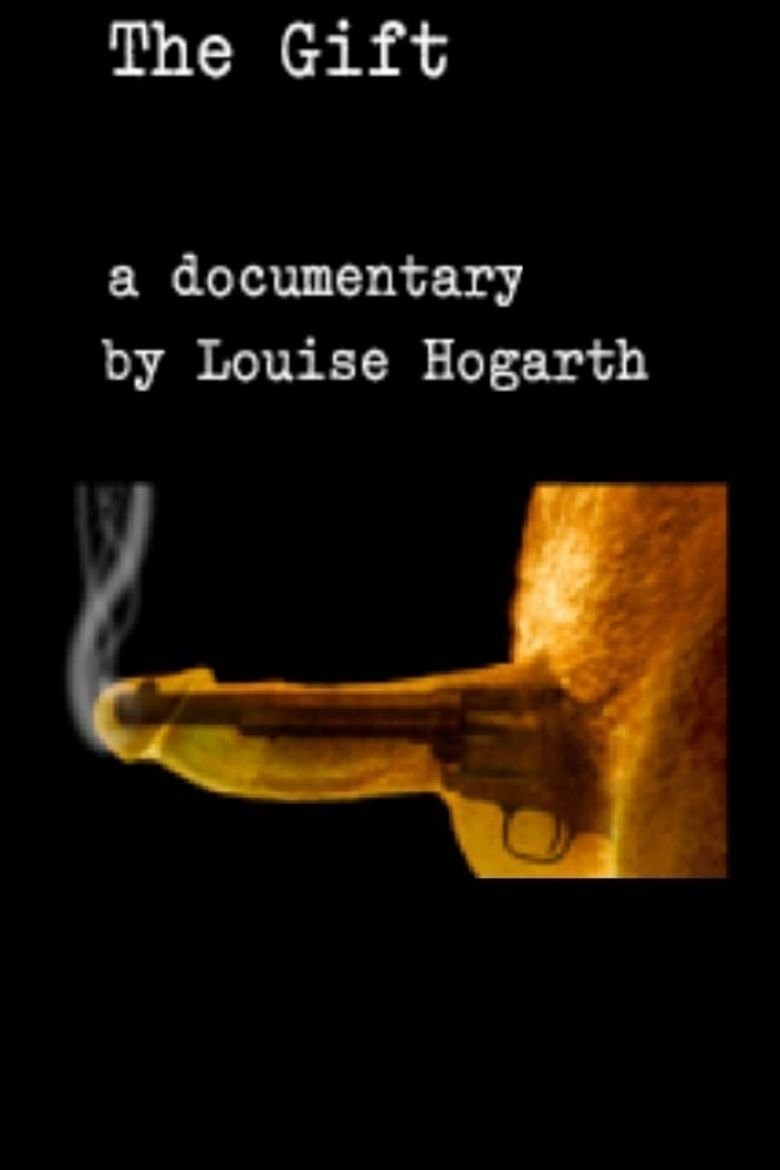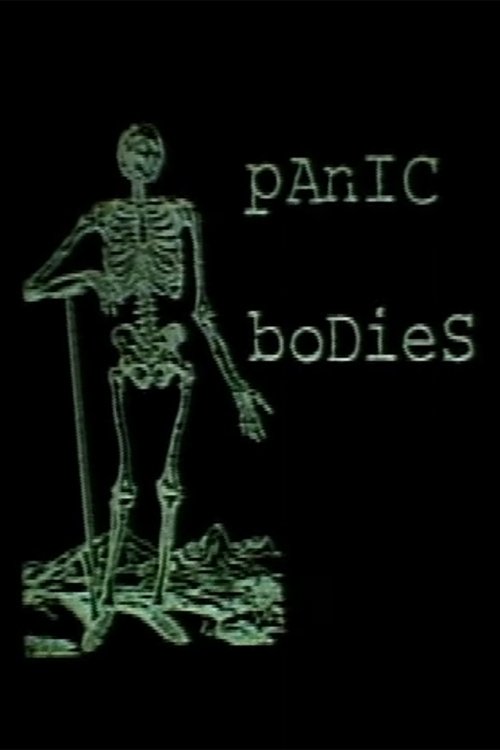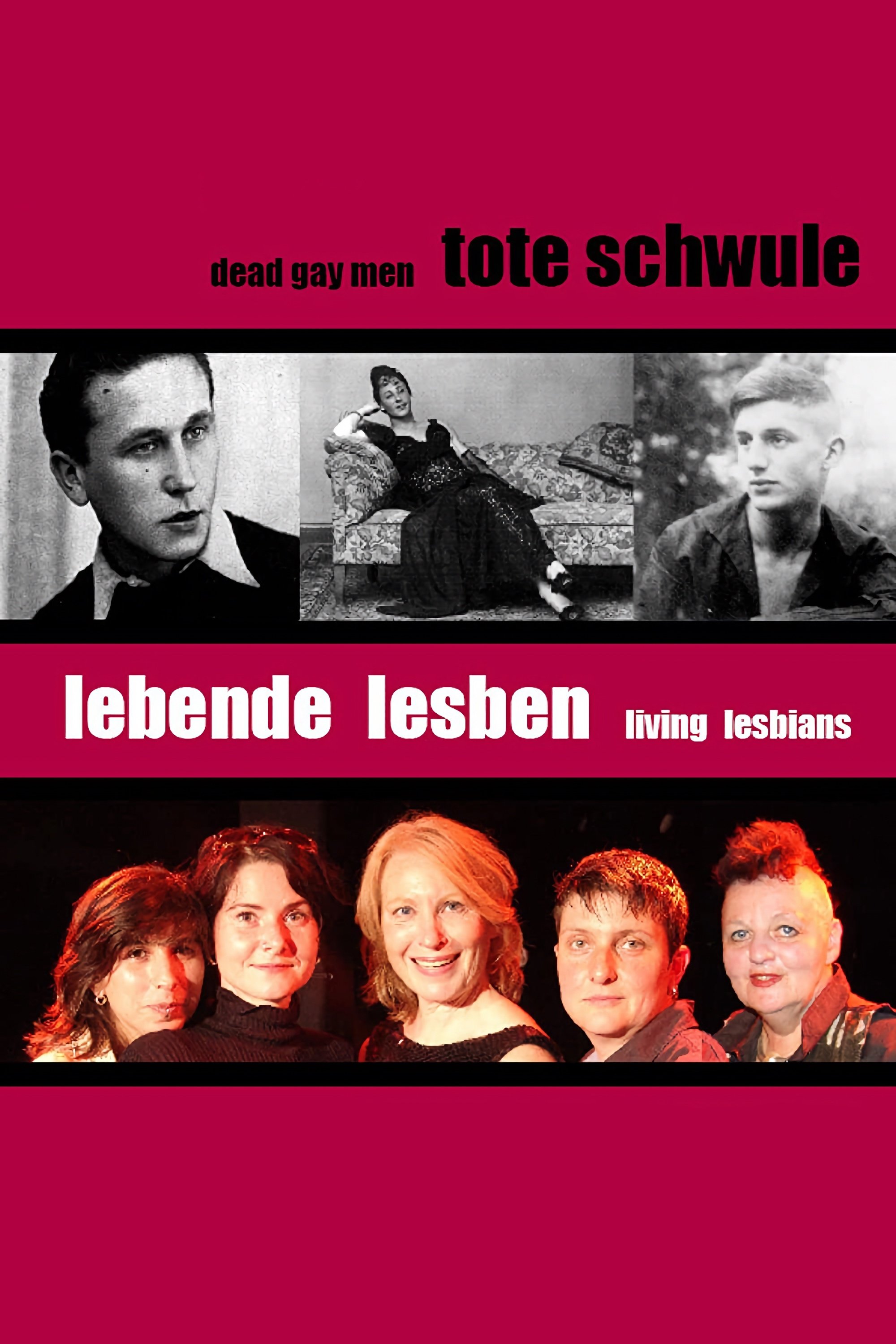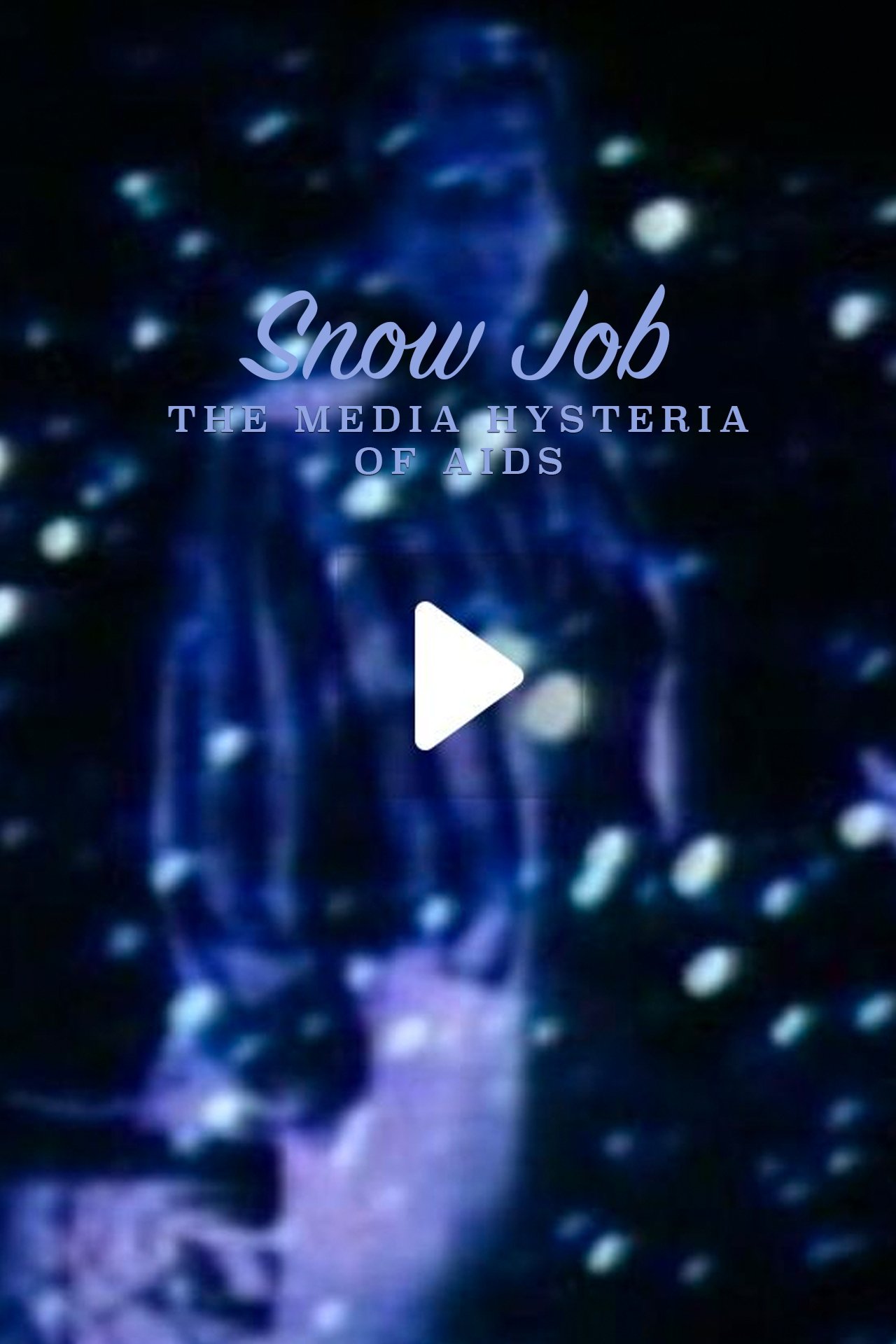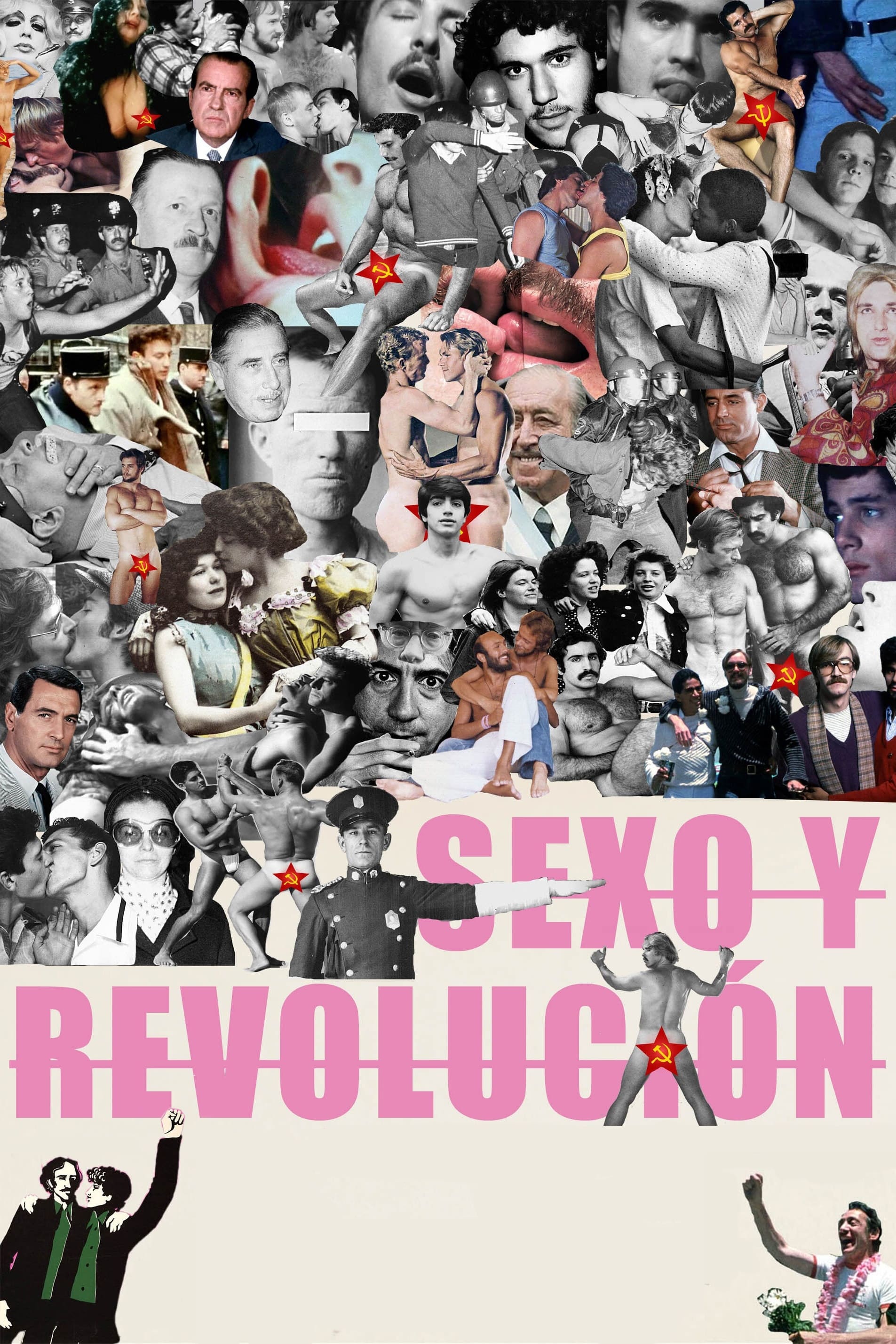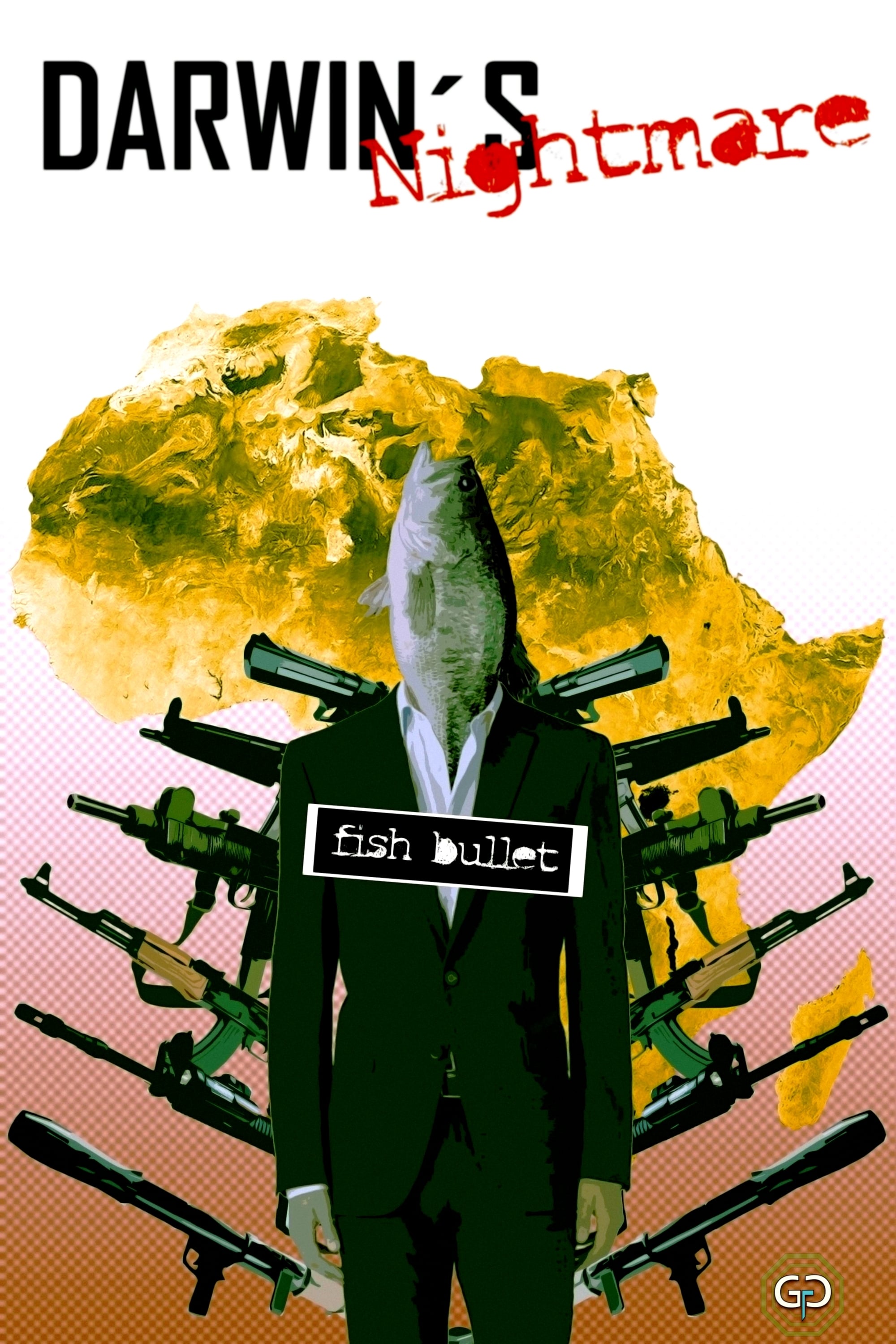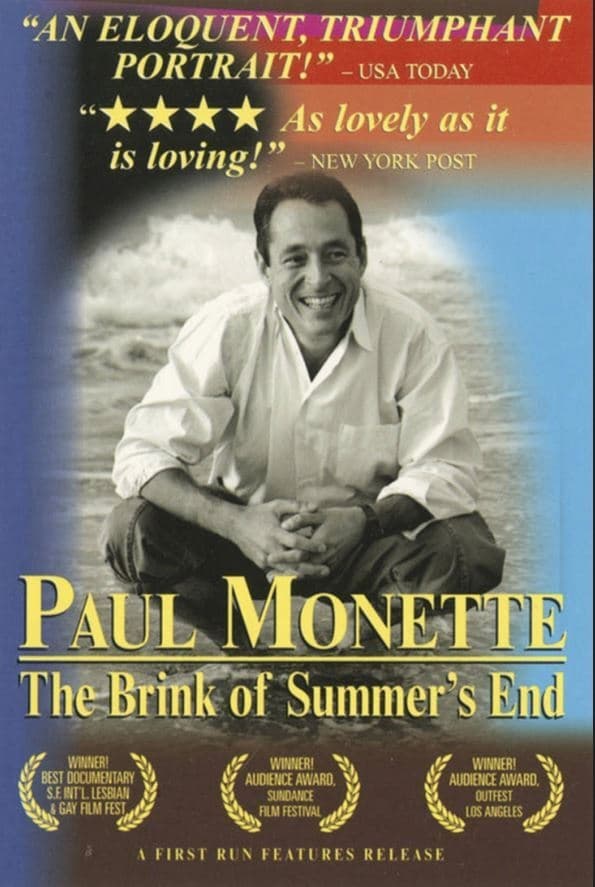Fight Back, Fight AIDS: 15 Years of ACT UP (2002)
Overview
A look at the ACT UP movement from its inception to the present day.
Production Companies
Additional Info
| Budget | $0.00 |
|---|---|
| Revenue | $0.00 |
| Original Language | en |
| Popularity | 0.001 |
Directed By
James Wentzy
Crew
James Wentzy
TOP CAST
Similar Movies
Freddie Mercury: The Final Act
The story of the extraordinary final chapter of Freddie Mercury’s life and how, after his death from AIDS, Queen staged one of the biggest concerts in history, the Freddie Mercury Tribute Concert at Wembley Stadium, to celebrate his life and challenge the prejudices around HIV/AIDS. For the first time, Freddie's story is told alongside the experiences of those who tested positive for HIV and lost loved ones during the same period. Medical practitioners, survivors, and human rights campaigners recount the intensity of living through the AIDS pandemic and the moral panic it brought about.
Memory Books
In Uganda, AIDS-infected mothers have begun writing what they call Memory Books for their children. Aware of the illness, it is a way for the family to come to terms with the inevitable death that it faces. Hopelessness and desperation are confronted through the collaborative effort of remembering and recording, a process that inspires unexpected strength and even solace in the face of death.
Not A Simple Story; Out in Silence
"Out in Silence" is one of a few films dealing with the HIV and Aids epidemic in the early 90's among the Asian American community. Filmed in New York, Guam and Hawaii, portrait of two people and how they are dealing with issues of homophobia the lack of support from the communities and family.
Pfui, Rosa!
German iconoclast filmmaker and gay-rights activist Rosa vonPraunheim examines his own life and career in the documentary Phooey Rosa! With a quickly paced editing style, the film is a mix of personal banter, candid interviews, and clips from his filmography. It also includes footage from his early film Bed Sausage to his later work Neurosia. At the age of 60, vonPraunheim reveals intimate details about his past relationships and his childhood growing up after WWII. He also implicates some of his friends and inspirations, including Luzi Kryn and Rainer Kranach.
Last Men Standing
“Last Men Standing,” the first feature-length documentary from The San Francisco Chronicle, Northern California’s largest newspaper was selected for entry into a series of prestigious LGBT festivals being held in the U.S. and Canada this spring. One of the few newspapers to write, direct and produce a feature-length documentary, this film follows the lives and experiences of eight long-term AIDS survivors.
Ask Me I'm Positive
Thabo, Thabiso and Moalosi are young, attractive and deal openly with their HIV status. Nearly a third of the population in Lesotho is HIV positive.
Weekend at Mafeteng
A conversation between an older, HIV positive woman and her niece. The women talk about what it means to be a woman, mother, elderly and HIV positive in Lesotho. They speak about love, marriage, motherhood, inter-generational sex and health systems in the context of HIV in Lesotho.
First Love, Fatal Love
A docudrama telling the true story of a young woman who learns she has contracted the AIDS virus after an encounter with a fellow student while in college.
Panic Bodies
"Panic Bodies is a 70-minute, six-part exploration of the ways we experience the body's betrayals: disease, decline and death. The film is a panorama of emotionally charged recollections of strange relatives and estranged siblings, staged recreations of fast-fading pasts and personal mythologies, and reflections on the anxious states created by the body's fragile claims on time and space. It's about being a stranger in your own skin. Panic Bodies perfects the phantom quality of any good work about mourning, but it is not reducible to that. It is also enlivened by the intimacy that comes from having made a spectacle of personal secrets." (Kathleen Pirrie Adams, Xtra)
Dead Gay Men and Living Lesbians
As a result of the Holocaust and later, AIDS, the male homosexual community has sustained bitter losses and, according to Praunheim, lesbian women have now placed themselves at the head of the so-called queer movement. The female protagonists in the film represent two different generations; they also incorporate the past and present status of homosexuals in society.
Snow Job: The Media Hysteria of AIDS
Deconstructs the representation of AIDS in the popular media where distortion and misrepresentation amount to a "snow job" promoting increased homophobia, sexual discrimination and repression of gays.
AIDS: What Everyone Needs to Know
The film provides information about the course and symptoms of AIDS, the effect of AIDS viruses on the immune system, the routes of infection, the main risks of infection and the protective measures against them.
Sex and Revolution
In the early ‘70s, in Argentina, a group of homosexuals decided to confront the status quo. With testimonies from its survivors as its denouncement source, Sex and Revolution brings back the voices of those who thought in order to be recognized as political actors in a society that wasn’t prepared for them.
Which Is Scary
A set of seven portraits consisting of personal accounts from the lives of gays and lesbians. The narration includes stories about coming out, bashing, cross-dressing and AIDS.
Once Upon a Time in the Gay Village
Once upon a time in the Gay Village is a montage of photos and music telling the story of the founding of Le Parc de l’Espoir, the AIDS memorial park in the heart of Montreal’s Gay Village.
Darwin's Nightmare
Africa in the sixties. The Nile perch, a ravenous predator, is introduced into Lake Victoria as a scientific experiment, causing the extinction of many native species. Its meat is exported everywhere in exchange for weapons, creating a globalized evil alliance on the lake shores. An infernal nightmare in the real world that wipes out Darwin's Theory of Evolution.
Paul Monette: The Brink of Summer's End
Narrated by Linda Hunt, this documentary examines the life of the late author and gay rights activist Paul Monette. Born in 1945 to a well-off Massachusetts family, Monette grows up unable to accept his homosexuality, for years hiding it from his loved ones while struggling to develop as a writer. In 1978, Monette publishes his first novel, which allows him to come out to his parents. After losing one lover to AIDS in 1986, he becomes a ferocious advocate for awareness of the disease.



